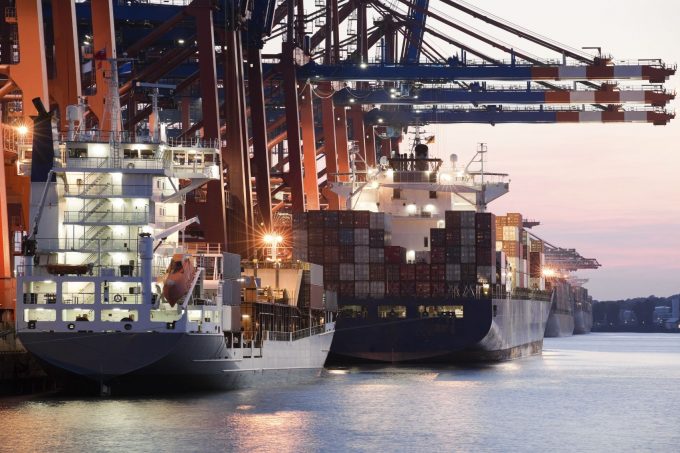Sudden spike belies 'boring' transatlantic airfreight market
On the face of it, transatlantic air trade between Europe and North America has been ...
WTC: RIDE THE WAVEFDX: TOP EXEC OUTPEP: TOP PERFORMER KO: STEADY YIELD AND KEY APPOINTMENTAAPL: SUPPLIER IPOCHRW: SLIGHTLY DOWNBEAT BUT UPSIDE REMAINSDHL: TOP PRIORITIESDHL: SPECULATIVE OCEAN TRADEDHL: CFO REMARKSPLD: BEATING ESTIMATESPLD: TRADING UPDATEBA: TRUMP TRADE
WTC: RIDE THE WAVEFDX: TOP EXEC OUTPEP: TOP PERFORMER KO: STEADY YIELD AND KEY APPOINTMENTAAPL: SUPPLIER IPOCHRW: SLIGHTLY DOWNBEAT BUT UPSIDE REMAINSDHL: TOP PRIORITIESDHL: SPECULATIVE OCEAN TRADEDHL: CFO REMARKSPLD: BEATING ESTIMATESPLD: TRADING UPDATEBA: TRUMP TRADE

As marine cargo insurers fret about massive claims they could face from an ULCV casualty, rather than spreading the risk across smaller ships, their exposure may not be quite as much as they fear.
According to this LinkedIn blog by Steve Fodor, director at the US-based Association For Trade Compliance, 90% of US-bound cargo moves without any insurance coverage.
Mr Foder’s knowledge stems from 33 years working in international trade, and he cites three of the most common reasons (or excuses) given by shippers who regularly do not insure their cargo.
The third reason is, unfortunately, all too common in the experience of The Loadstar: “Nothing bad has ever happened to any of my shipments”.


Comment on this article